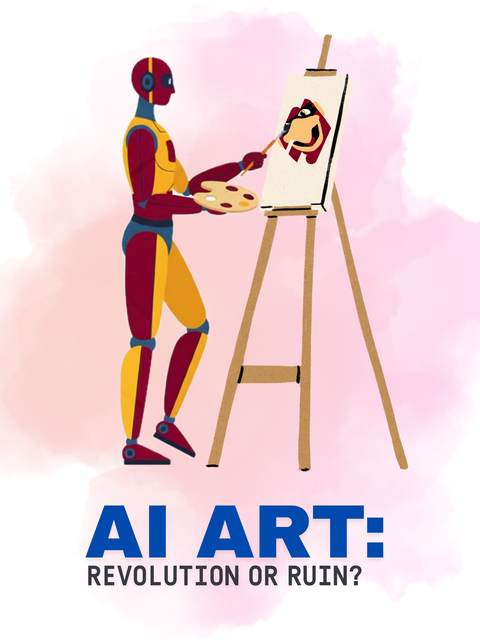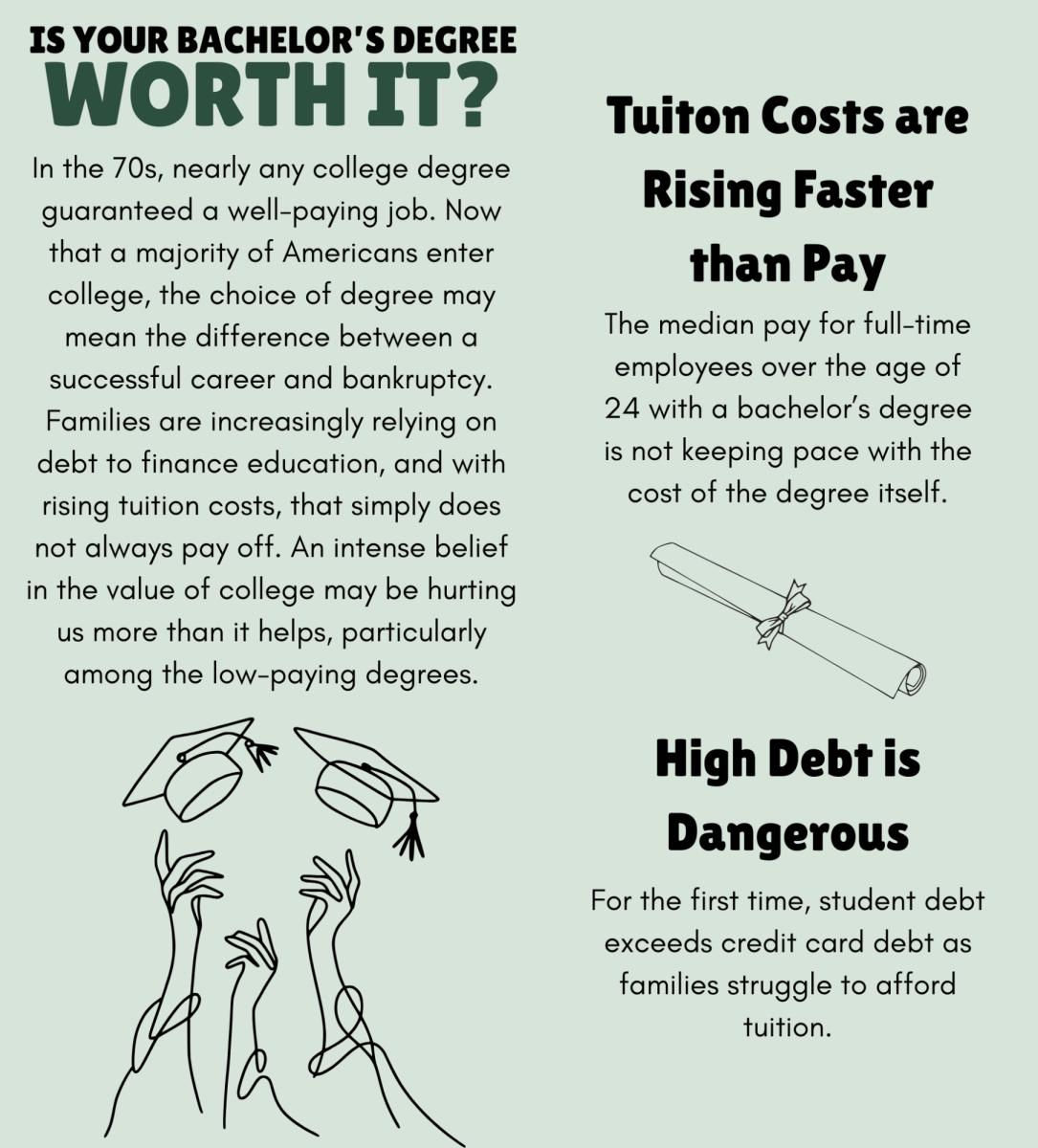September 2008. Presidential election: Obama vs. McCain.
Our principal and selected faculty decided to let us have a mock-rally.
As I walked to class, all I saw was red and blue picket signs and streamers. Vote McCain. Vote Obama. First Black Prez. McCain for Prez.
I heard nothing but the awkward, yelling voices of teenagers. Chants. Rants. Rage.
No compromise. No debates. Just yelling.
Next thing I knew, someone runs in the class to tell the teacher that a student struck a McCain supporter in the head with his own sign.
And that was a wrap for exercising our First Amendment.
Eight years later. The wrap continues.
Freedom of speech has been compromised. If someone expresses an opinion that is totally against the grain, they are immediately shut down by a mass of opposers.
If you are not uplifting, you are degrading. And that’s the problem.
So it seems.
The true problem is the lack of education and action.
When I say education, I mean thorough understanding of the discussion. For instance, the first amendment includes plenty of expressive freedoms, but let’s focus on speech.
It is true that the tongue is powerful, but words are fueled by the power you give them.
Sticks and stones come to mind, but not as the encouraging phrase our parents told us.
More like the things the angry mob will throw at you to shut you up.
And there it is. Hurt feelings.
One of my favorite communications professors told my class that everyone is entitled to an opinion, but not every opinion is valid. You can say whatever you think, but that does not mean it is logical—no matter how many statistics you insert—nor intellectual.
People are so quick to mute someone else’s ideas by shunning them—whether it’s physically or via social media.
Instead of trying to totally mute the opinion, how about turning up the volume to listen closely to the hidden message. You don’t have to agree. You don’t even have to understand the reasoning, but that’s where the action comes in.
Recently, there was rebuttal for someone who openly expressed that they were not fond of the Black Lives Matter movement.
Not that they believed that black lives didn’t matter, just that they didn’t support the movement.
A lot of people reposted their frustrations and disapprovals, and after the dust was settled, no problem was solved. Just anger.
Anger makes for a loud bark, but no bite.
Anger does not educate those who are ignorant to what the Black Lives Matters movement is.
By the way, it’s more than a hashtag added to a status that makes you seem so aware of racism and oppression. It’s more than sharing and reposting unjustified trials and posts.
According to blacklivesmatter.com, BLM is a “call to action and response to the virulent anti-Black racism that permeates our society.”
Action and response. Not anger and retaliation.
Facebook. Instagram. Snapchat. I look through all of these social media outlets and see the same shares about past and current racist situations. The same anger. The same “when will this end” or “heading back to segregation” posts. The same “be awake” posts.
But I look outside and see no one. I hear nothing.
I don’t believe you have to snap pictures and post statuses about how often you serve the community. About how you are tired of seeing your race targeted for death.
Everyone wants to express their feelings of pain and disappointment and offense, but no one steps up to implement change.
If you want change, don’t just demand it. Be it.
Be more than a hashtag. Be more than an angry person who is fed up with the system.
Check yourself. Ask yourself: What am I doing to help? What am I doing to educate? Are my actions reflecting my words? Or am I just trying to be heard?
Don’t just speak to be heard.
Speak to move.
Move to change.







Payton Neville • Sep 9, 2016 at 8:11 pm
Best. Article. Ever
Robert Brown • Sep 7, 2016 at 1:14 pm
And #DowUrk